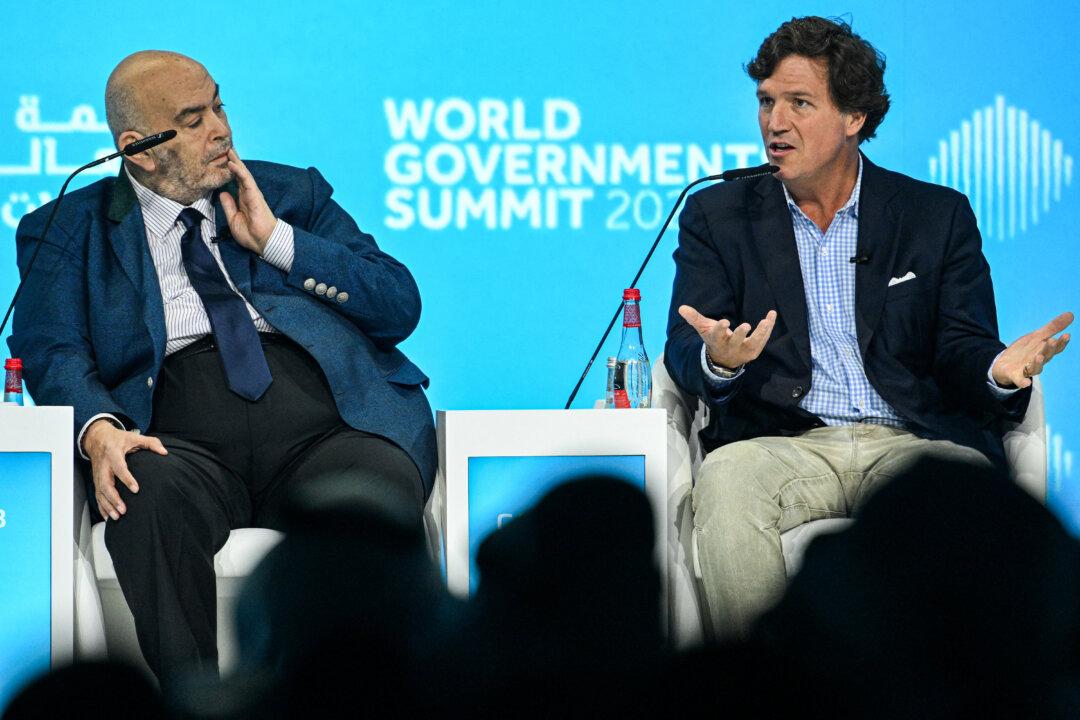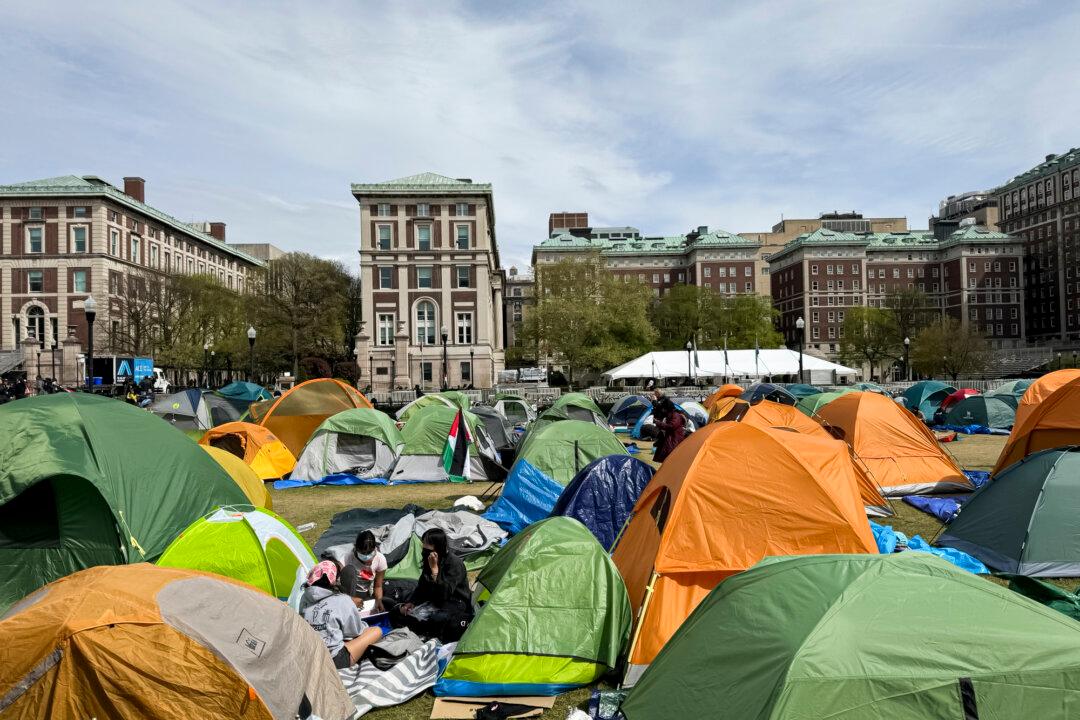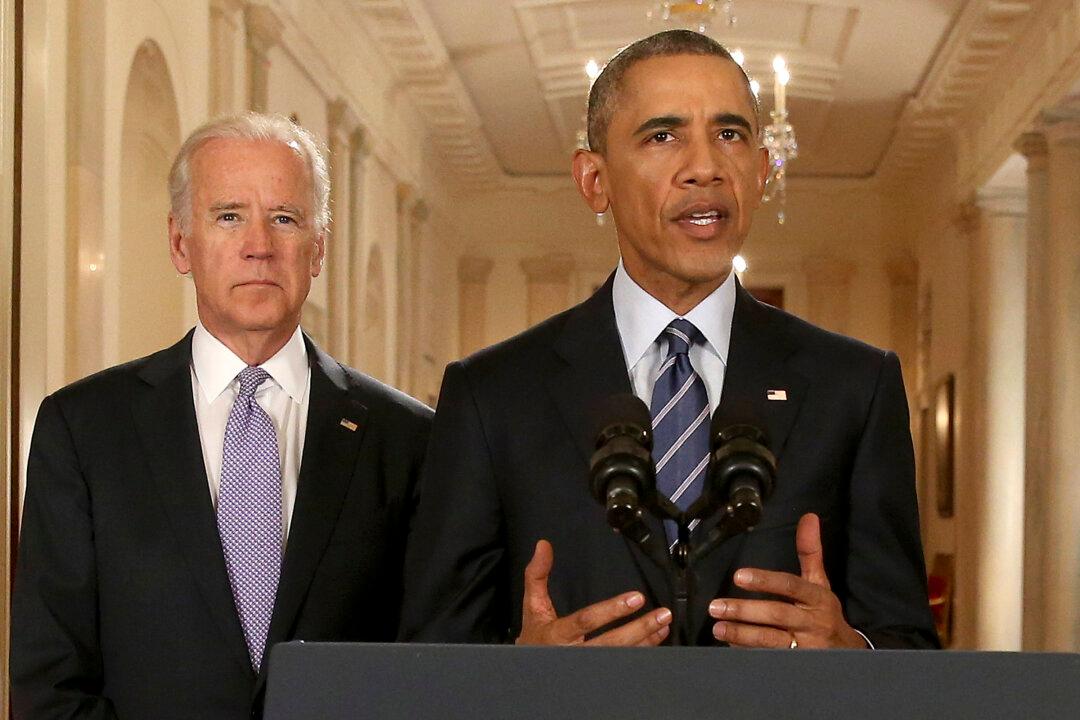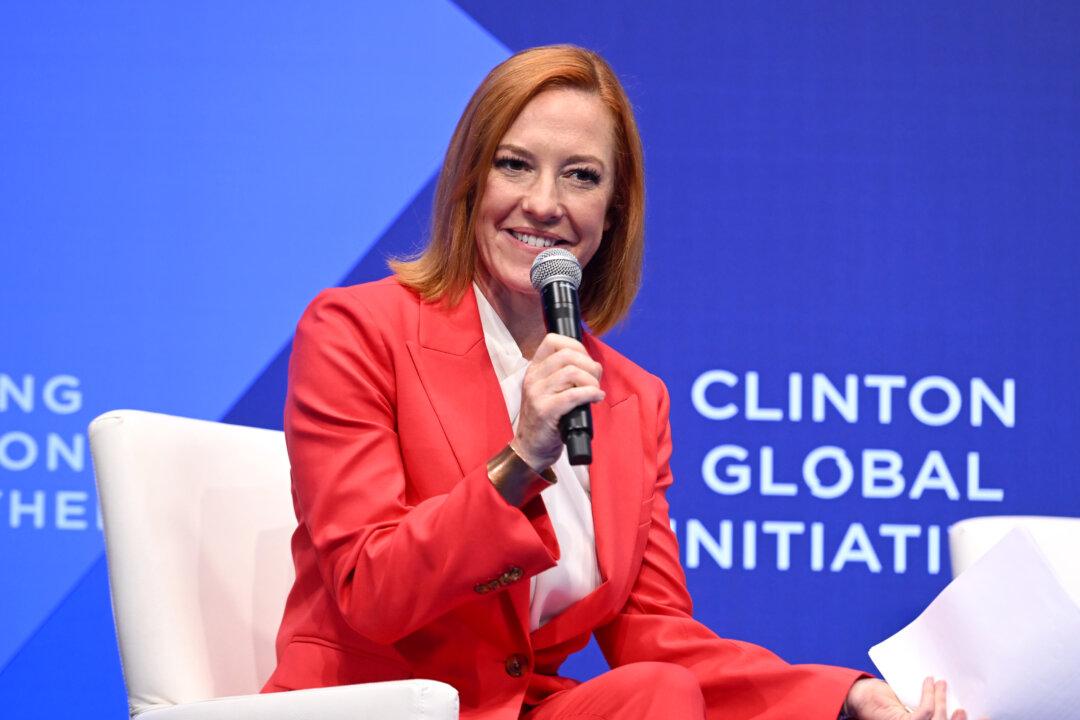Commentary
At the World Government Summit, Tucker Carlson told a gathering of world leaders that Moscow was “so much nicer than any city” in the United States. “It’s radicalizing for an American to go to Moscow,” Carlson went on. “I didn’t know that. I’ve learned it this week, to Singapore, to Tokyo, to Dubai and Abu Dhabi, because these cities, no matter how we’re told they’re run and on what principles they’re run, are wonderful places to live that don’t have rampant inflation.”





